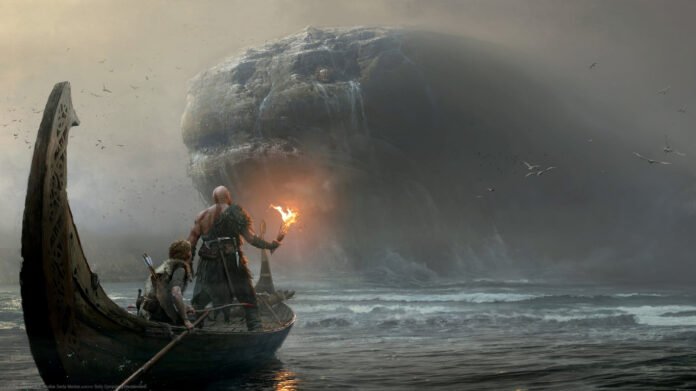The God of War series is one of the most iconic franchises in gaming history, captivating millions with its rich storytelling, intense combat, and breathtaking visuals. Developed by Santa Monica Studio and published by Sony Interactive Entertainment, this action-adventure game has evolved significantly since its debut in 2005. Here’s a deep dive into what makes God of War a timeless masterpiece.
The Genesis: Greek Mythology
The original God of War (2005) introduced us to Kratos, a Spartan warrior haunted by a tragic past and bound by a pact with the Greek god of war, Ares. Fueled by rage and vengeance, Kratos’ journey through ancient Greece unfolds against a backdrop of mythological beasts, gods, and epic battles.
What Made It Stand Out:
• Innovative Gameplay: The series pioneered hack-and-slash mechanics with its iconic Blades of Chaos, offering fast-paced, combo-heavy combat.
• Cinematic Storytelling: Blending seamless cutscenes with gameplay, it felt like playing through a blockbuster movie.
• Epic Boss Fights: From battling the Hydra to slaying the Colossus of Rhodes, the game redefined scale and spectacle.
The Greek saga continued with God of War II (2007) and God of War III (2010), pushing Kratos further into his quest to overthrow Olympus, resulting in some of the most memorable moments in gaming history.
A New Beginning: Norse Mythology
After the destruction of the Greek pantheon, God of War (2018) reinvented the franchise. This soft reboot introduced players to the realms of Norse mythology, a more mature Kratos, and his young son, Atreus.
Key Highlights of the Norse Era:
- A Richer Storyline: The relationship between Kratos and Atreus adds emotional depth, exploring themes of parenthood, loss, and redemption.
- Over-the-Shoulder Gameplay: The camera shift made combat more intimate and strategic, enhancing immersion.
- New Weapons: The Leviathan Axe became an instant fan favorite, with its satisfying throw-and-return mechanic.
- Immersive World: From the lush forests of Midgard to the fiery depths of Muspelheim, every realm is a visual masterpiece.
The success of the 2018 installment culminated in God of War Ragnarök (2022), where Kratos and Atreus navigate the end of the Norse world while facing monumental challenges and foes.
Why God of War Stands the Test of Time
- Narrative Depth: The evolution of Kratos from a vengeful demigod to a thoughtful father and mentor showcases unparalleled character development.
- Mythology as a Playground: The series seamlessly intertwines mythological lore with imaginative storytelling, making gods and monsters feel alive.
- Stunning Visuals and Soundtrack: With every release, the graphics push boundaries, while the orchestral scores amplify the epic tone of the games.
- Relatable Themes: At its core, God of War explores universal human experiences—grief, anger, love, and the search for meaning.
The Impact of God of War
God of War has not only garnered critical acclaim and multiple Game of the Year awards but also influenced countless other games in the action-adventure genre. Its shift toward emotionally driven storytelling in the 2018 reboot set a new standard for modern gaming narratives.
What’s Next for God of War?
While Ragnarök tied up many loose ends, the world of Kratos and Atreus feels ripe for further exploration. Will the series delve into another mythology, like Egyptian or Japanese? Fans eagerly await what lies ahead for this legendary franchise.
God of War isn’t just a game; it’s a cultural phenomenon that continues to inspire and awe players around the world. Whether you’re slashing through Greek gods or uncovering the mysteries of Norse realms, the franchise offers an unforgettable journey through the fabric of myth and human emotion.
Have you played God of War? Share your favorite moments in the comments below!


